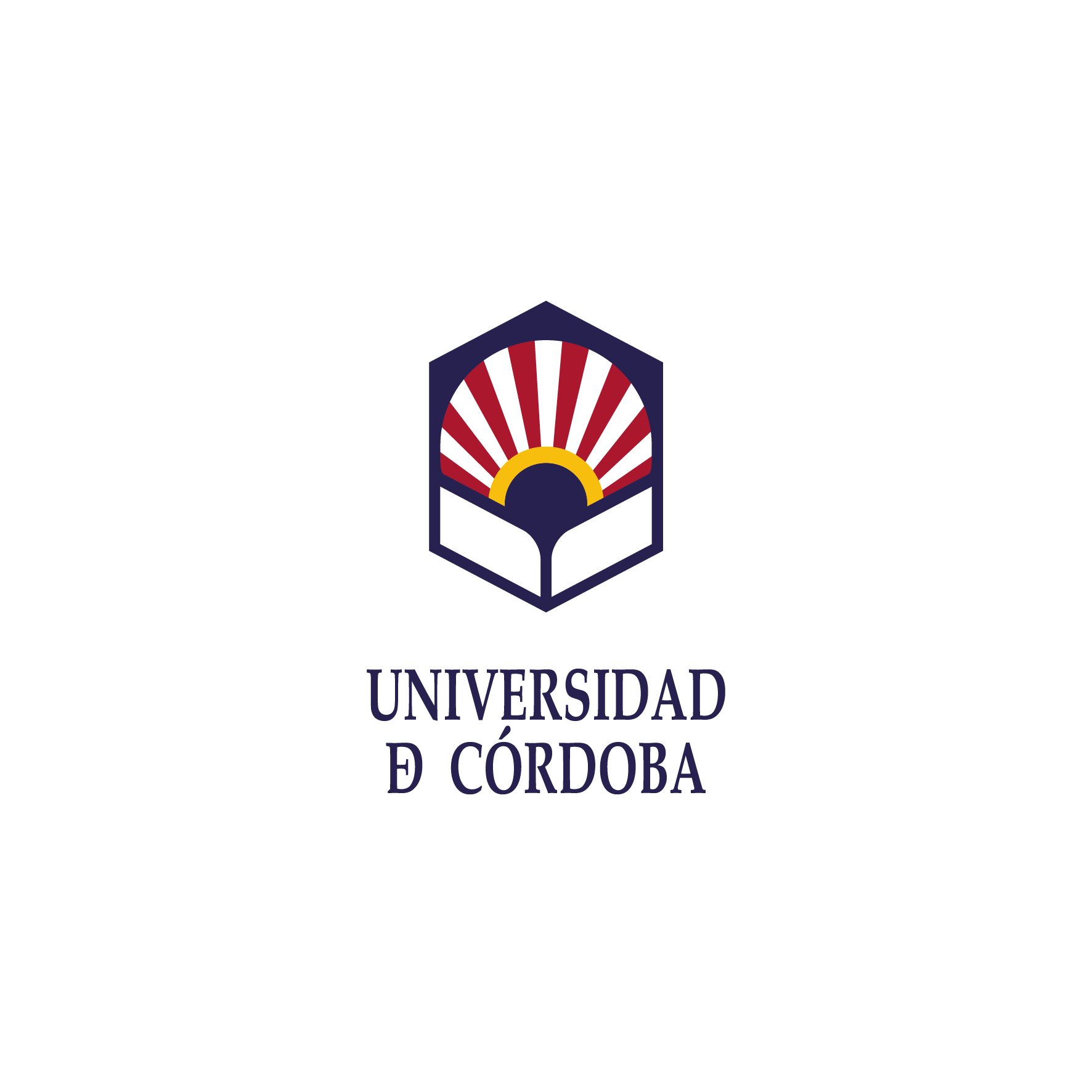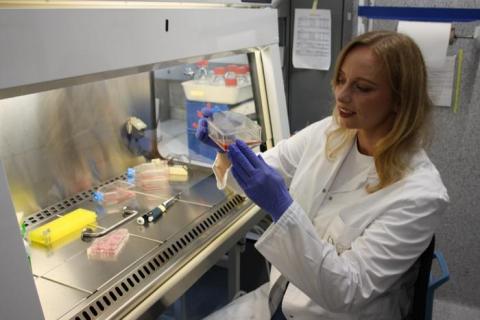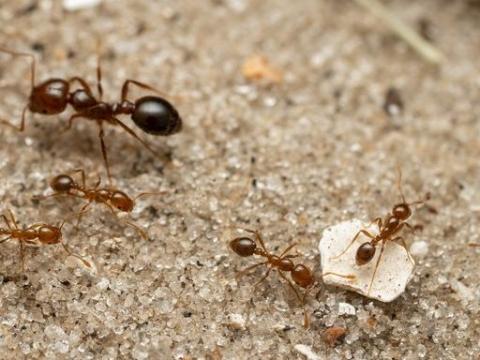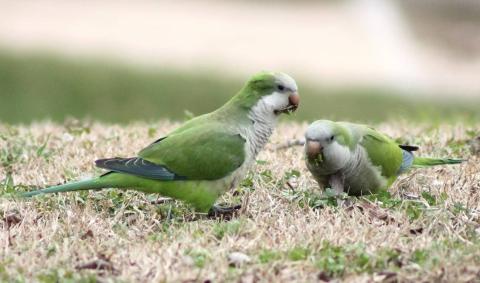
University of Cordoba
If you are the contact person for this centre and you wish to make any changes, please contact us.
Pediatrician at the Pediatric Endocrinology Unit of the Reina Sofia University Hospital of Cordoba, belonging to the group GC23 Children's Metabolism of the Maimonides Institute of Biomedical Research of Cordoba, and associate professor at the University of Cordoba
Lecturer in the Department of Physics at the University of Cordoba
Agronomist and oenologist, pre-doctoral researcher at the Department of Agricultural Chemistry, Soil Science and Microbiology of the University of Cordoba
Full professor of Ecology at the University of Cordoba
Professor of Cell Biology in the Department of Cell Biology, Physiology and Immunology at the University of Cordoba and researcher in charge of the Hormones and Cancer group at the Maimonides Institute of Biomedical Research of Cordoba (IMIBIC)
Professor of Constitutional Law at the University of Cordoba and member of the Committee of Experts of the European Institute for Gender Equality
Ramón y Cajal postdoctoral researcher in the department of Forest Engineering E.T.S.I.A.M.
Professor of the Department of Agricultural Chemistry, Soil Science and Microbiology at the University of Cordoba
Professor of Genetics.

In a press release, the European Southern Observatory (ESO) warns that a huge industrial complex threatens the skies above the Paranal Observatory in Chile's Atacama Desert. According to ESO, on 24 December, AES Andes, a subsidiary of the US electricity company AES Corporation, submitted for environmental impact assessment a project for a huge industrial complex that would be located between 5 and 11 kilometres from the Paranal telescopes. This astronomical observatory, the darkest in the world, has led to important breakthroughs, such as the first image of an exoplanet or the confirmation of the accelerated expansion of the universe.

Inflammation is all the rage. In fact, anti-inflammatory diets that claim to fight it. This is attested to by best-selling books and influencers, ready to give us the latest tips on how to lose weight, or rather, how to reduce inflammation. But what's the truth in all this, and what does inflammation have to do with being overweight?

Men often struggle with the transition to fatherhood due to a lack of information and emotional support targeted to their needs, suggests a review of the available qualitative evidence, published in the open access journal BMJ Open. The researchers say there needs to be a greater focus on clinical practice, antenatal services and research into men's unique experiences during the perinatal period, which encompasses pregnancy and the first 12 months after birth.

A team of researchers led by the Center for Genomic Regulation in Barcelona has mapped the human spliceosome for the first time. This complex and partially unknown cellular machinery is responsible for cutting and splicing the RNA fragments encoded by genes in different ways, making it possible to obtain a wide variety of proteins from the same sequence. Its alteration is related to processes such as cancer, neurodegenerative processes or various rare diseases. According to the researchers, who publish the results in the journal Science, “by knowing exactly what each part does, we can find completely new angles to address a broad spectrum of diseases”.

A new study presented at the annual meeting of the European Association for the Study of Diabetes (EASD), being held in Madrid from September 9-13, and published simultaneously in the New England Journal of Medicine (NEJM), has revealed that liraglutide, an anti-obesity drug, is safe and effective in children aged 6-12 years.

Some 90 % of coastal and lowland wine-growing regions in Spain, Italy, Greece and southern California are at risk from extreme events, such as excessive droughts and heat waves, according to a review published in Nature Reviews Earth & Environment. The article summarises the expected changes and the adaptations that wine producers will need to make.

One of the world's most invasive species is Solenopsis invicta, an ant native to South America with a painful sting. In an article published in Current Biology, experts confirm the first official sighting of this species in Europe: 88 nests spread over five hectares near Syracuse in Sicily, Italy. The ants could soon spread across the continent, causing serious environmental, health and economic problems. The study is led by the Institute of Evolutionary Biology (IBE) of the CSIC and the UPF.

According to a new report from the Intergovernmental Science-Policy Platform on Biodiversity and Ecosystem Services (IPBES), human activities have introduced over 37,000 exotic species to regions around the world. The document highlights that more than 3,500 of these are harmful invasive exotic species that are often overlooked until it's too late.